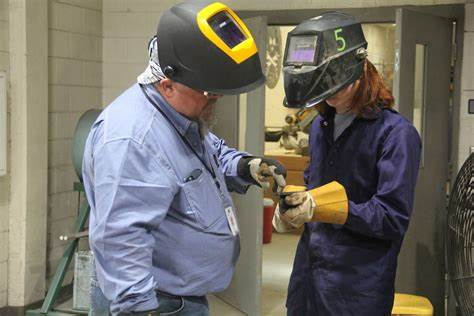If it's free, you're the product
With all of out talk of privacy, targeted content, and ethics, a lot of people need to realize how free services and programs make money and function. You, the user, are the product. Other people and organizations pay the social media program for your data and to deliver ads and services to you.
This concept - "You are the product" began in the 1970s as television markets exploded in growth. TV is all about selling ads to the user. When we watch a program, we might pay for cable but the goal is to reach you and deliver advertisements. This short film is considered to be the first time this was used. Check it out!
Many of these concepts can be applied to social media 50 years later. It's more of an art piece criticizing mass media and exploitation.
"Will Oremus makes the connection between Serra’s early 1970s tv and 21st-century Facebook:
It was the everyperson’s refuge, a groundbreaking technology that had morphed into a mindless escape for the masses. It was also a primary source of news, which wedged awkwardly in between the soap operas, comedies, and crime shows. As such, it was widely accused of distorting, oversimplifying, and sensationalizing the vital information of democracy in a crass bid for ratings (read: advertising dollars). Finally, it was a medium that concentrated enormous cultural power in a few corporations—ABC, CBS, and NBC.
While TV networks didn’t collect viewers’ personal data on anything like the scale that Facebook does today, they did carefully study their audience demographics and pitch those to advertisers.
buy metformin online buy metformin no prescription genericFacebook can show your ad to males aged 25 to 54 in Houston whose browsing habits suggest they like football; ABC’s Houston affiliate can show your ad to everyone who’s watching Monday Night Football, with roughly similar results."

I think this perspective of us being the product of social media programs and not the other way around is impactful to understand how our data participate, mostly without our consent or awareness, to the economics and potential dangerousness of Web 2.0.
ReplyDeleteWith that in mind, it's easy to see we have a responsibility in the data we bring to the hive mind that will be used to influence our consumer behavior and other aspects of our lives. And it's also easy to see that we are the ones who can harness the dangers of Web 2.0 by selecting the data we share and by educating us and others to develop a more responsible mindset online.